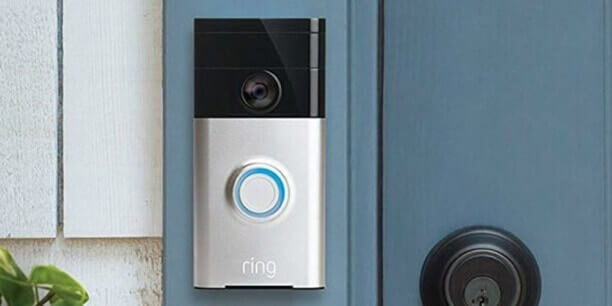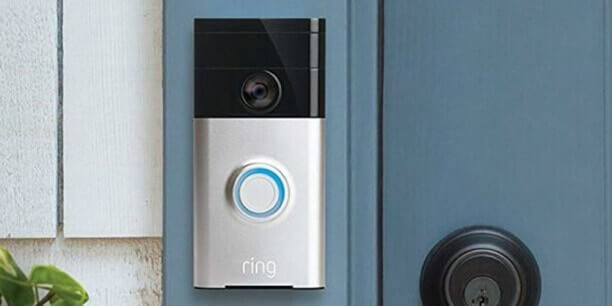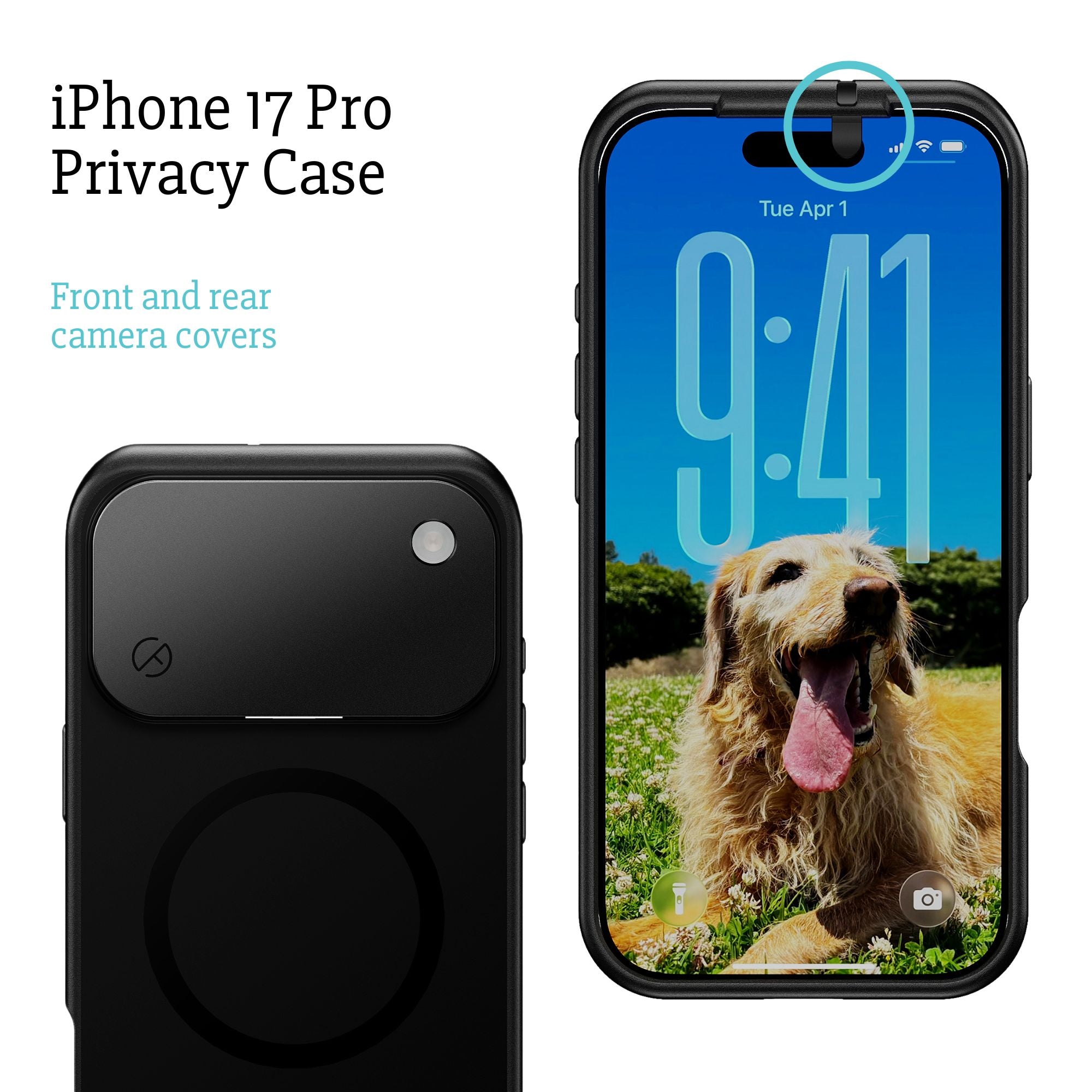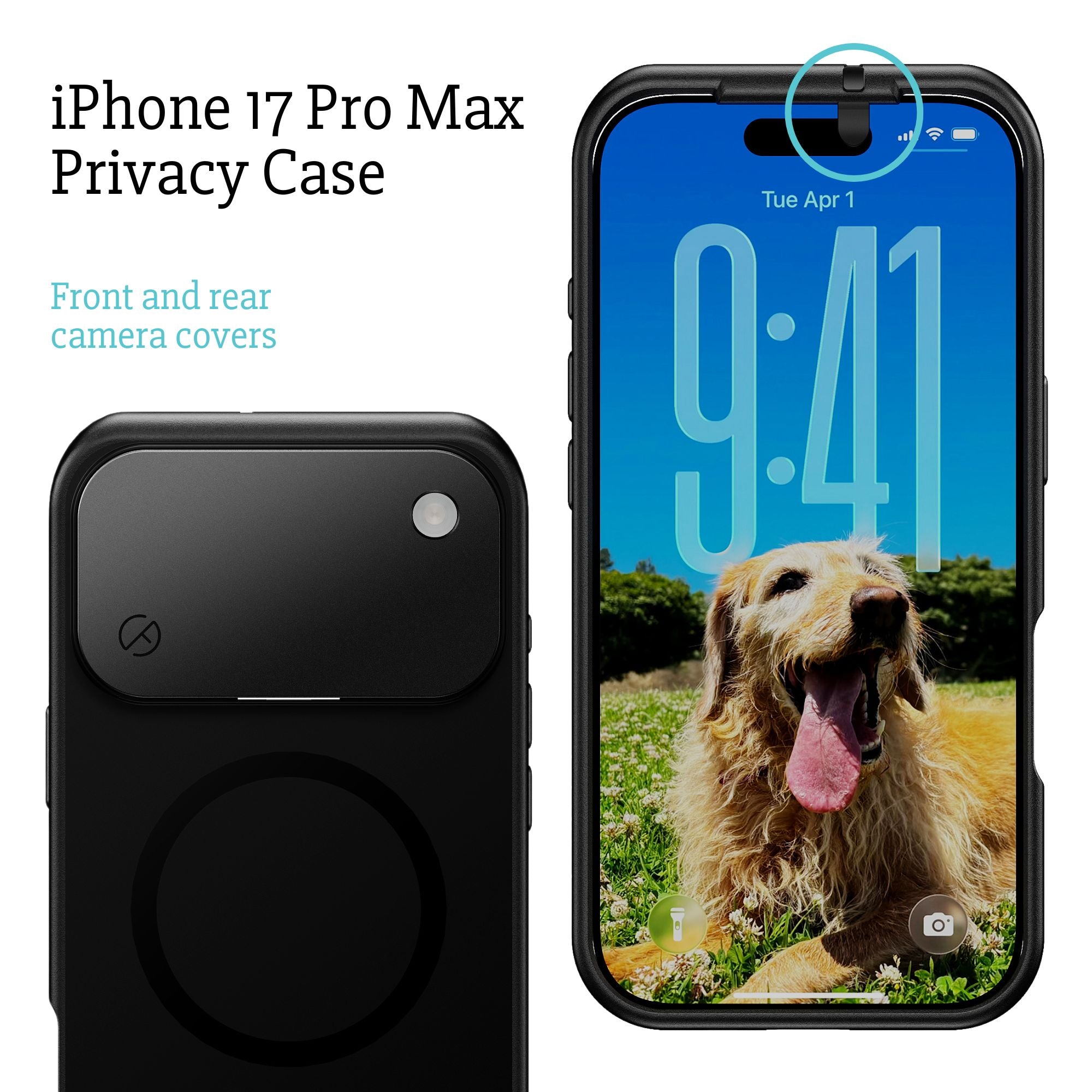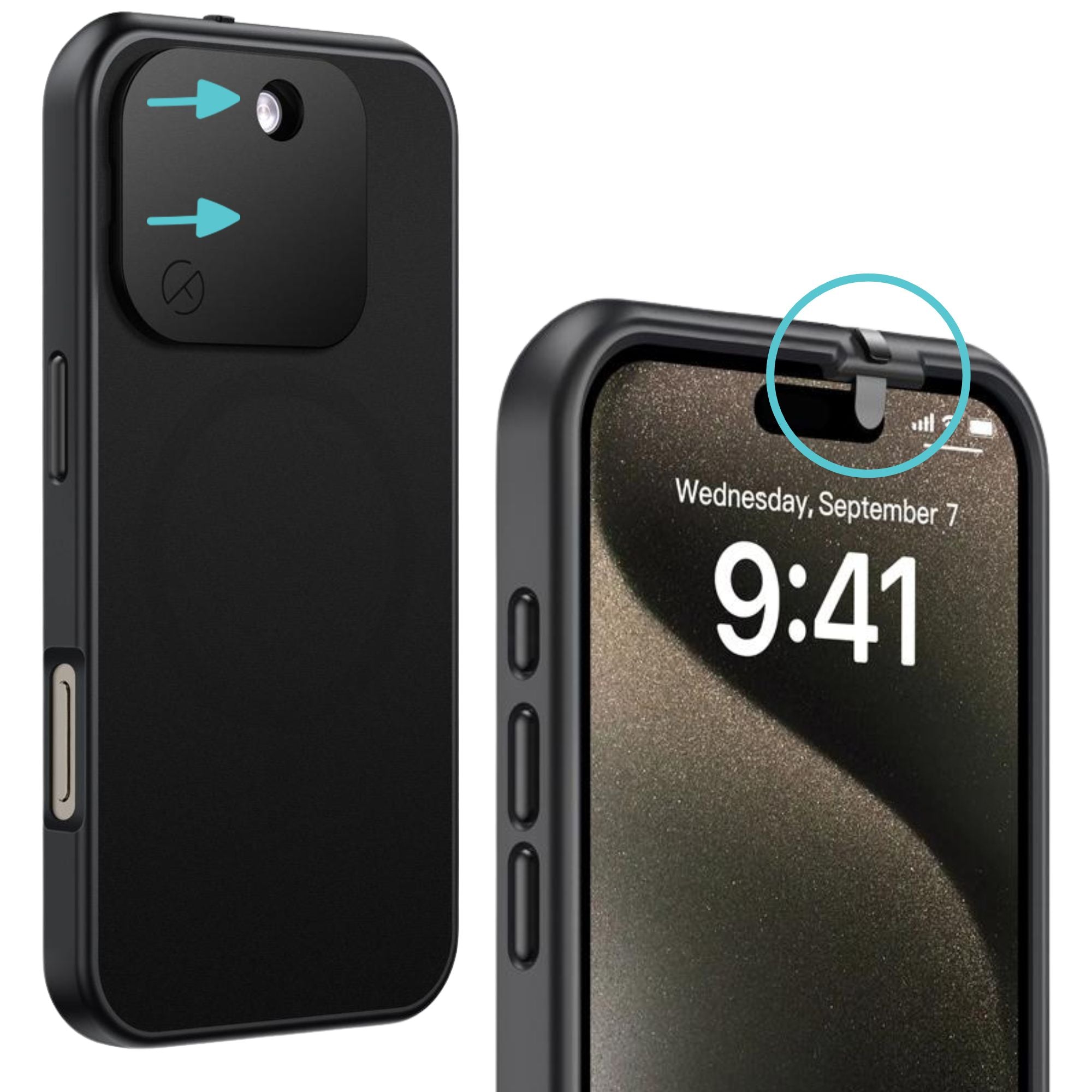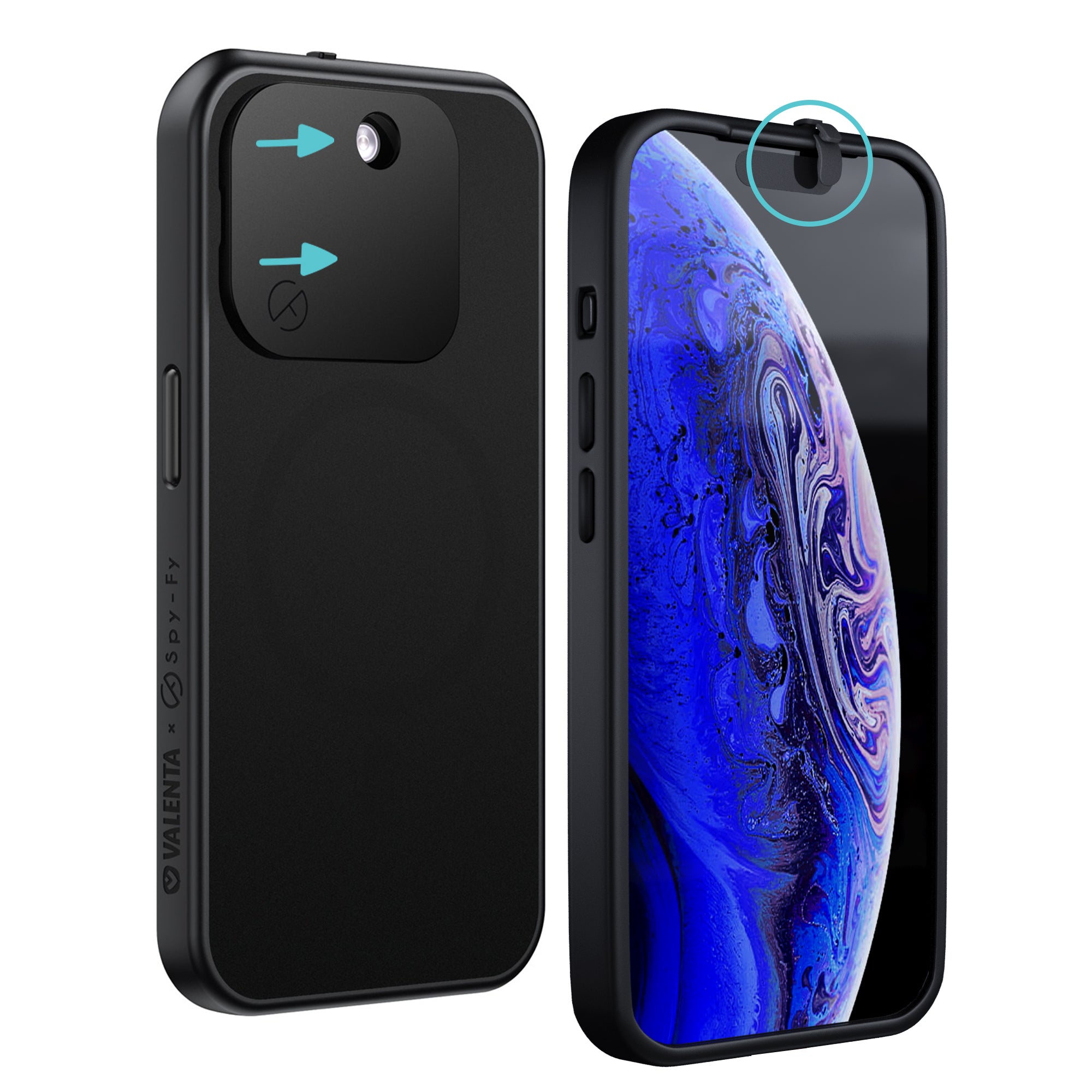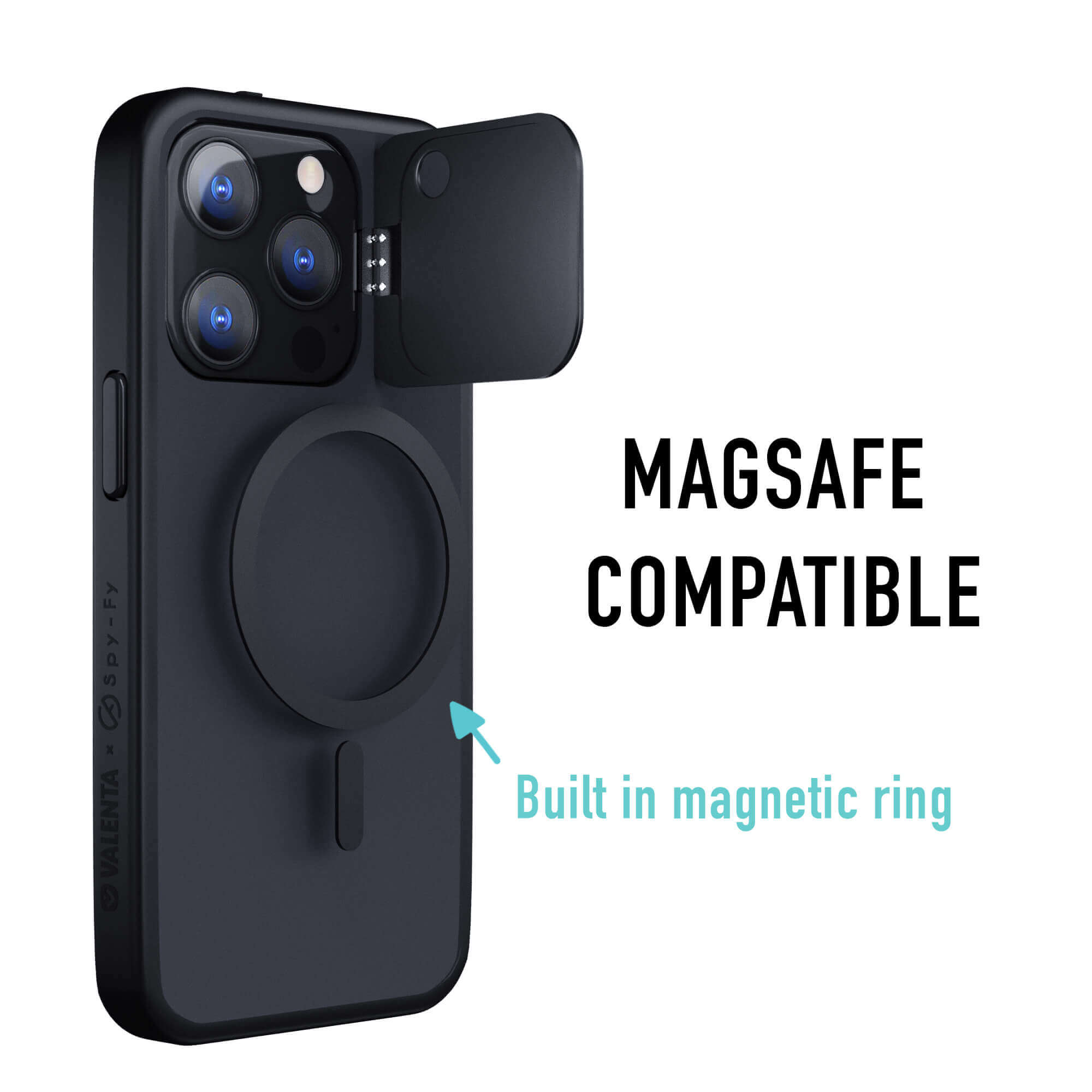What! Doorbell an invasion of privacy? Whose privacy exactly? With the constantly escalating privacy wars going on today, the attention of the world has been drawn to the potential privacy issue that our own home security system may portend.
Most doorbells today now have cameras and a lot of them record footage that is stored in a drive or even in cloud storage. A good example is the Ring doorbell, company owned by Amazon. When Geoffrey A. Fowler of Washington Post wrote on this issue in January 2019, he brought up a number of important points which we will now briefly look at.
Ring Doorbell: Invasion of Privacy
Amazon’s smart doorbell manufacturer Ring faces accusations that could silence many smart home enthusiasts. Recent reports from The Intercept and The Information have warned about the mishandling of videos gathered through their smart home device system, refusing to tell users that their videos would be checked by individuals and failing to protect the delicate camera footage by encoding it.
Ring was allegedly leaning on their Ukrainian team, named Ring Labs, to fill the gaps for some of their troubled AI attempts. The staff at Ring Labs would be required to comb through videos and continuously tag items to train their software to conduct the identification duties one day on itself. Videos from outside of the buildings, as well as video from the interior, have been included in the files.
To make the whole case even more frightening the Police Departments in many cities in the United States and the UK are encouraging people to install Amazon Ring doorbells and then grant them access to the footage from their cameras especially when it is thought that a crime has been committed. How much of your stored footage will be accessed in such a situation? These partnerships are raising some serious privacy concerns among the public even more after the recent indiscretion by Ring employees in Ukraine and the US.
How Ring Surveys and Frightens Residents
Although statistics from the state agencies demonstrate that crime has been steadily declining in the United States in the past years, people’s perception of crime and risk in their societies often conflict with the information. Vendors like Amazon and companies like Ring are preying on these fears by promoting products that inflame our greatest crime anxieties.
Ring operates by sending notifications to your smartphone whenever the doorbell rings or movement is detected close to the door of your home. Ring transforms the delivery person or postman at the door into a potential criminal or burglar.
Apps to view the neighborhood and the surrounding streets only raise paranoia. To promote Ring, Amazon encourages its users to install the free Neighbors app. Other retailers, such as Nextdoor and Citizen, release separate applications with the same features. All are sold as localized social networking sites where neighborhood individuals can discuss or share concerns about their local problems. All too often, however, they promote news of so-called “dubious” activity which is really racial and ethnic profiling. For illustration take the tale of an African-American real estate agent, who was arrested by the police because people believed it was “suspicious” for him to ring a doorbell.
